In the realm of digital transformation, few companies have shaped the internet and human interaction like Facebook, now operating under its parent company Meta Platforms, Inc. Founded in 2004, Facebook has evolved from a college networking site into a global powerhouse that redefined how we connect, share, and communicate. With billions of active users and a wide portfolio of digital platforms, Facebook continues to be a central figure in the social media ecosystem.
To understand Facebook’s journey, we must go back to its origin. It all started in a Harvard University dorm room when Mark Zuckerberg, along with co-founders Eduardo Saverin, Andrew McCollum, Dustin Moskovitz, and Chris Hughes, launched “TheFacebook.” Initially limited to Harvard students, the platform quickly spread to other universities, then to the public. By 2006, anyone over the age of 13 with a valid email address could create a Facebook account.
As the platform gained popularity, it introduced features such as the News Feed, Timeline, and Reactions, which significantly influenced how people interacted online. Over time, Facebook didn’t just grow—it innovated.
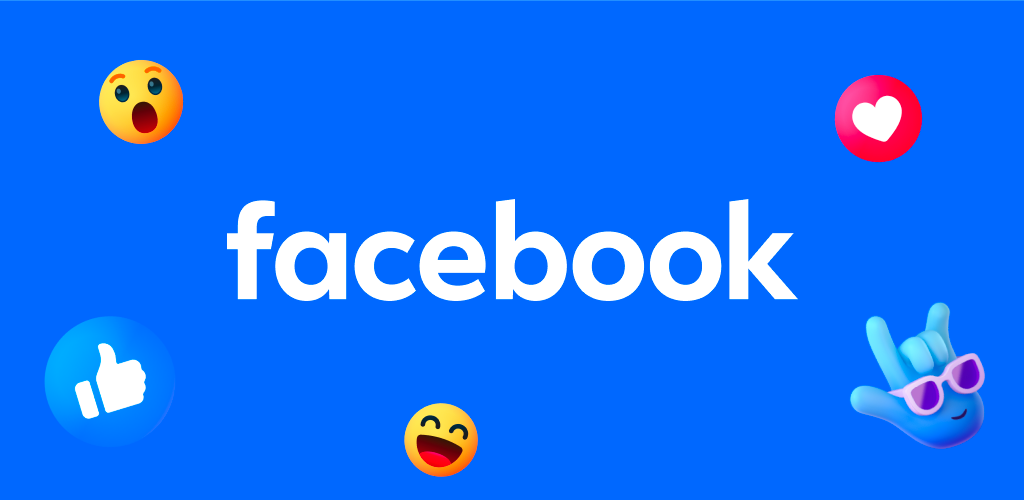
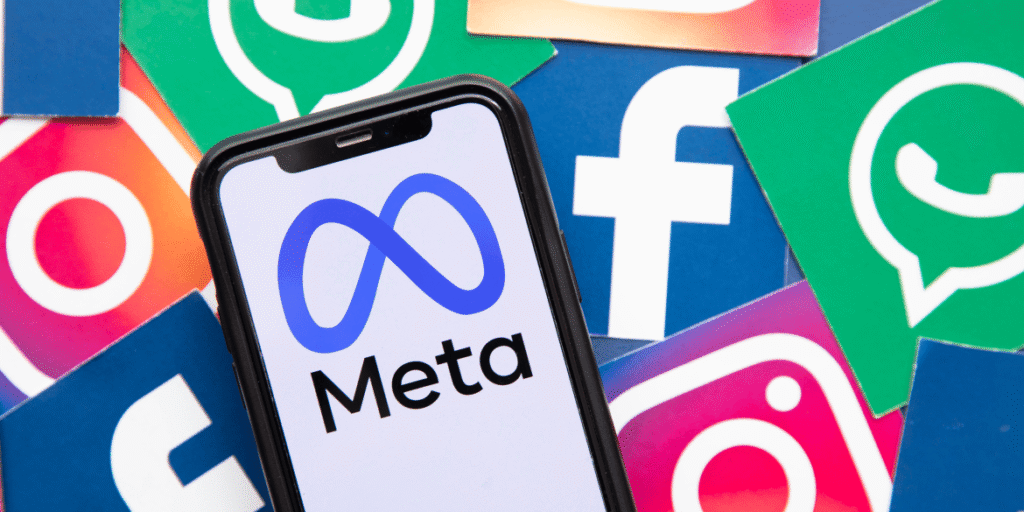
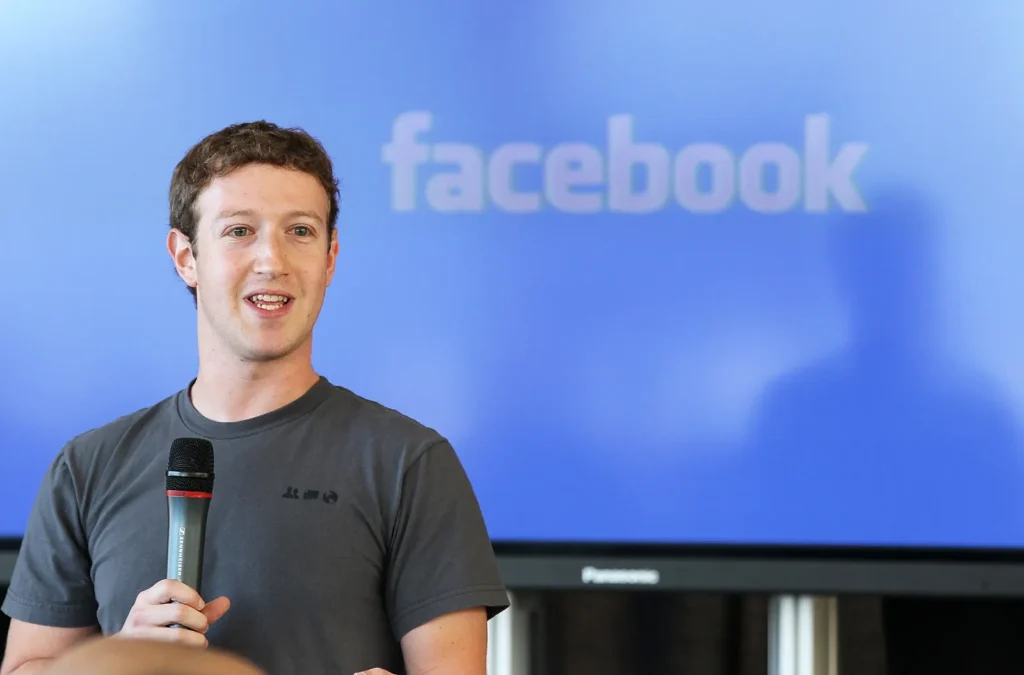

In 2021, Facebook made a significant strategic shift by rebranding its parent company as Meta Platforms, Inc. This change reflected the company’s broader ambitions beyond social networking. While the Facebook app remains a key product, Meta now focuses on building the metaverse, a virtual environment that combines augmented reality (AR), virtual reality (VR), and digital experiences.
The rebrand underlines the company’s vision for the future: creating immersive spaces where people can work, play, and socialize in entirely new ways.
Facebook is one piece of a much larger puzzle. Over the years, Meta has acquired and developed numerous platforms that have become essential to our daily digital lives.
The original and still the most widely used product. The Facebook app allows users to connect with friends and family, join groups, share updates, and engage with a wide range of content—from news and videos to marketplace listings.
Originally part of the Facebook app, Messenger became a standalone messaging platform in 2011. It enables real-time communication with features like text messaging, voice and video calls, group chats, and integrations with businesses and bots.
Acquired by Facebook in 2012, Instagram has grown into one of the leading platforms for photo and video sharing. It is especially popular among younger audiences and influencers, thanks to features like Stories, Reels, and Shopping.
In 2014, Facebook acquired WhatsApp, a simple yet powerful messaging app used by over two billion people worldwide. Its focus on end-to-end encryption and user privacy has made it a preferred choice for secure communication.
Through its acquisition of Oculus VR, Facebook entered the virtual reality space. Now branded as Meta Quest, the VR headset and ecosystem form a critical part of Meta’s vision for the metaverse.
At the heart of Facebook’s success is its advertising-based business model. Most of the company’s revenue comes from businesses advertising on its platforms. With unmatched access to user data (within legal and ethical boundaries), Facebook offers highly targeted advertising that delivers significant ROI.
Additionally, Meta is exploring new revenue streams through e-commerce, digital payments, and virtual goods within its metaverse offerings.
Undeniably, Facebook has had a profound impact on society. It has redefined communication, allowed people to stay connected across continents, and empowered businesses to grow through digital marketing. Furthermore, Facebook has played a pivotal role in organizing social movements, fundraising efforts, and community engagement.
However, this impact hasn’t been without controversy. Facebook has faced criticism for issues related to privacy, data security, misinformation, and mental health, especially among teens. In response, the company has taken steps to improve transparency, combat fake news, and provide better controls for users to manage their data and content exposure.
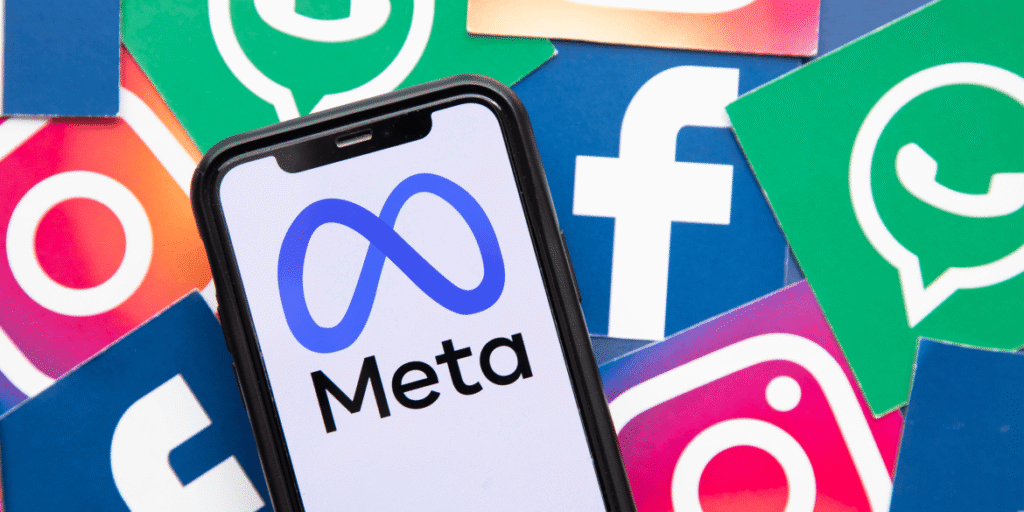
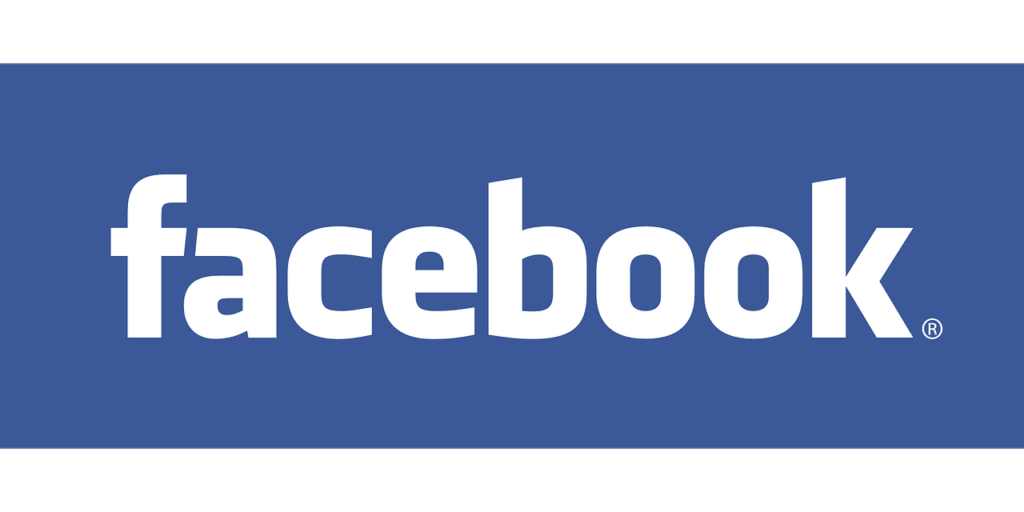

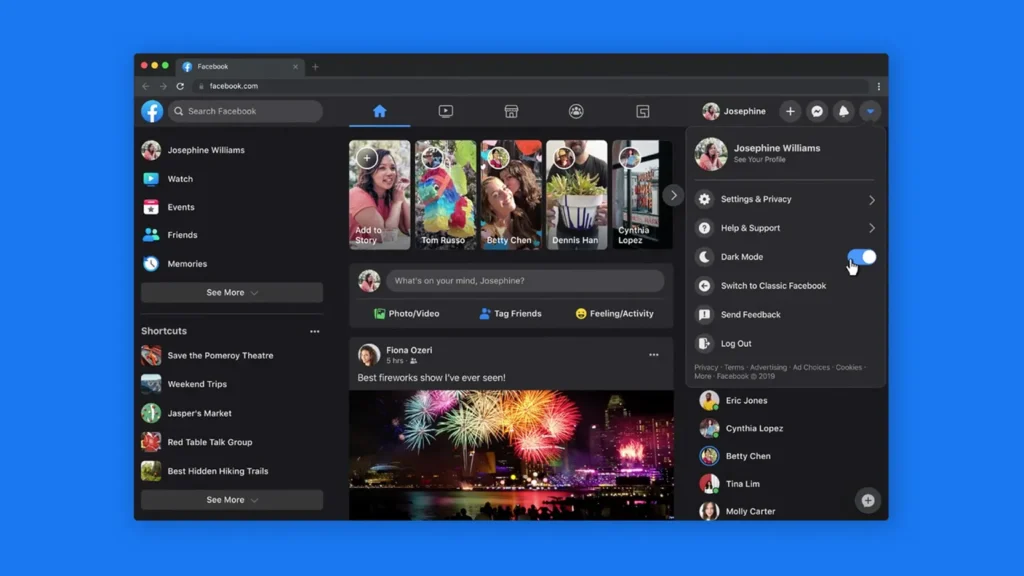
Meta prides itself on maintaining an innovative and inclusive workplace. With a strong emphasis on forward-thinking, the company encourages employees to “move fast,” “be bold,” and “build awesome things.” Diversity and inclusion initiatives are also a key focus, with ongoing efforts to improve representation across all levels.
As of 2024, Meta employs over 60,000 people worldwide, working in areas ranging from engineering and AI to public policy and creative design.
As of early 2025, Facebook boasts nearly 3 billion monthly active users, making it the most widely used social platform globally. Combined with Instagram, WhatsApp, and Messenger, Meta’s platforms collectively reach over 4 billion users. Such vast reach allows Meta to influence markets, trends, and behaviors at an unprecedented scale.
While Facebook’s success is undeniable, it has not been without hurdles. Major controversies have shaped public perception, including:
In response, Meta has invested in AI-driven moderation, strengthened content policies, and partnered with independent fact-checkers to tackle misinformation.
Looking ahead, Meta is investing heavily in its Reality Labs division, developing AR and VR hardware and software to support the metaverse. Though the concept of the metaverse is still evolving, Meta envisions it as the next big computing platform—a shift akin to the rise of mobile internet.
The company is also exploring opportunities in AI, digital health, and blockchain-based technologies, signaling a commitment to staying at the forefront of innovation.
In summary, Facebook, under Meta Platforms, Inc., has journeyed from a college networking site to one of the most influential tech giants of our time. With billions of users, a diverse product suite, and bold ambitions for the future, it remains a cornerstone of the digital age.
Though challenges persist, Facebook continues to adapt, evolve, and expand. Whether you’re a user, advertiser, developer, or investor, one thing is clear: Facebook isn’t just a platform—it’s a global phenomenon.

SEE MORE COMPANIES JOB CAREER SEE FIND THE BEST GIFT CARD OFFER
Jobs posted by Facebook